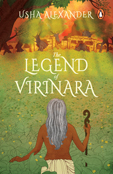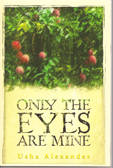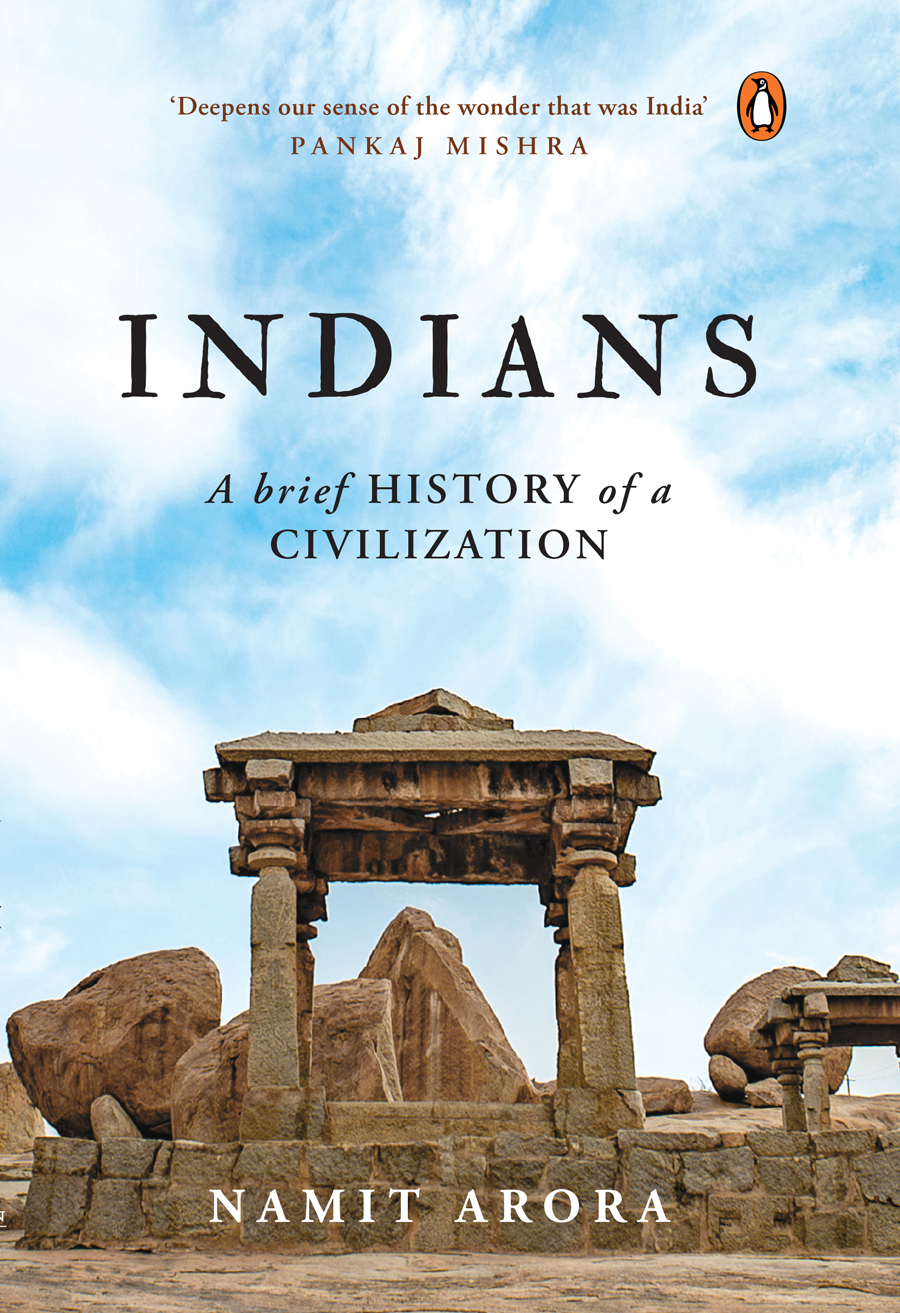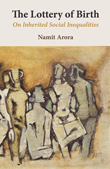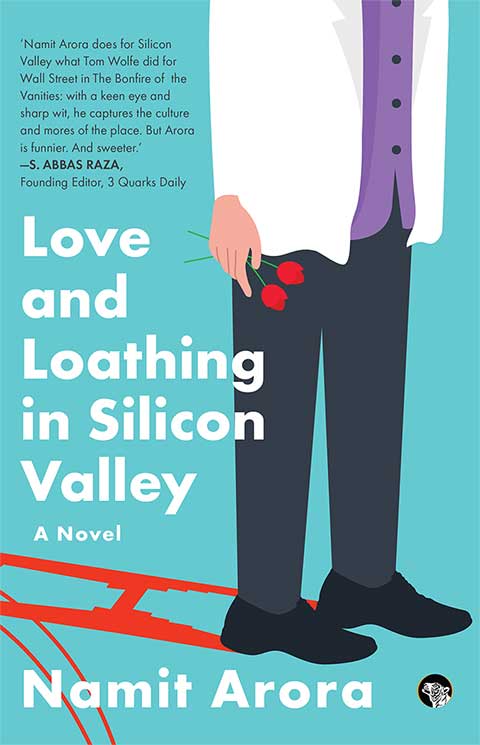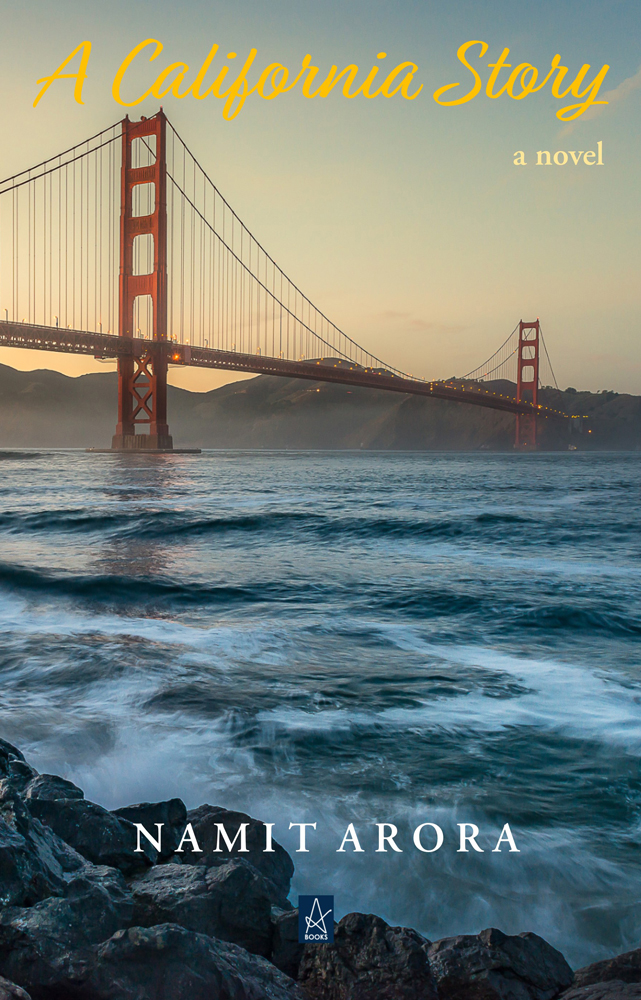|
 We often ask what it is that makes us human, and much has been written about the unique (or not) gifts of humankind: our fully opposable thumbs, in-line toes, upright stance, tool use, large brains, reason, language, self-awareness. But if I had to choose a single defining feature of the human animal, I'd have to say it's our penchant and need for story-telling: human beings are the story-telling species; in fact, we're story junkies. We often ask what it is that makes us human, and much has been written about the unique (or not) gifts of humankind: our fully opposable thumbs, in-line toes, upright stance, tool use, large brains, reason, language, self-awareness. But if I had to choose a single defining feature of the human animal, I'd have to say it's our penchant and need for story-telling: human beings are the story-telling species; in fact, we're story junkies.
From stories around the campfire to wandering minstrels, movies, television, gossip, books, speeches, performances: we listen to stories; we tell stories. All the time. Everywhere. I'm doing it right now. We have no other way of being in the world; our apprehended reality is a network of stories, part fictional, part factual. We listen to news and other "true" stories to get information about our world, but what function does pure fiction fulfill? Why do we love a good yarn?
While facts provide us with hard and specific information, fiction helps us understand the relationships between those facts. Through stories we expand upon our empirical knowledge to grasp those aspects of experience which are factually empty.
Mythological stories serve this purpose within the purview of religion. As larger-than-life narratives, explaining or describing the human relationship to the cosmos, they become the bread crumb trails of culture that guide members of a community through a chaotic universe. But the power of stories on the human mind is not only a matter of rarefied existential wonder; they also aid our understandings of matters more mundane by serving as the training ground for emotional and intellectual exploration, taking us to places in our minds without cost or danger to our lives or livelihoods.
Stories allow us to explore alternate lives and ways of thinking and being in the world, and they do it by engaging us fully along the breadth of our deepest emotional, moral, and rational capacities as human beings. Stories bring us ideas in a way that can both appeal to and bypass our reason, while sustaining the uncertainties, complexities, and deep mysteries of life. They allow us to explore through virtual experience notions that don't easily or entirely lend themselves to factual or purely logical analyses. When we're involved in a character's life, we learn something without even realizing we did.
Stories also appeal to us at different levels. The most popular do so because they let us experience deep passions, emotional roller-coasters, or the epiphanies of heroism, which we may otherwise feel our ordinary lives are lacking. Tawdry stories appeal to us because they allow us safely to transgress morally or sexually in ways we never would dare to in real life. Other popular stories give us hope, idealized role models, or a sense of validation in our own lives. Perhaps the stories with the widest appeal are those that pander or speak more to our desires and fears, our unfulfilled emotional capacities or drives. But this is what we are, and even these stories, operating on these simple levels, feed us.
But stories certainly can be larger than this, too, and the most powerful and important fiction is that which engages the whole being and transports both the mind and soul. It grabs us by the bones, jogs our complacency, and takes us to new realizations. Such stories present us the opportunity to wander through our own complex natures as individuals and human beings, helping us to chart our inner landscapes and move towards greater self-knowledge.
The same stories clearly don't have the same power or meaning for every individual -- or even at different points in the same lifetime. But this is a strength of fiction: we each carry ourselves into it to have our unique experiences within; when we emerge, we each bring back unique gifts from it, which may at times take the form of an averse reaction. But even in finding a work of fiction "untrue" or out of resonance with ourselves, we are enriched for having made the journey. |


